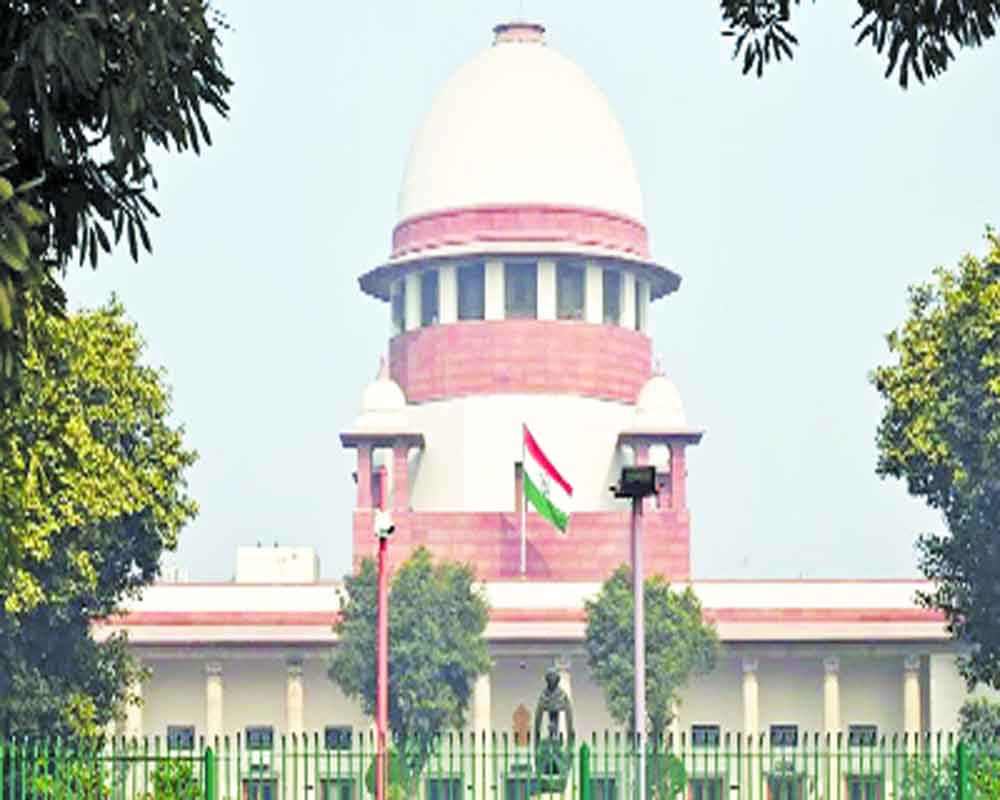It would be better if Government and judiciary sort out the collegium issue without much fuss in public
Law Minister Kiren Rijiju’s letter to Chief Justice of India DY Chandrachud, seeking Government representatives in the Supreme Court collegium, can yield good results. The Law Minister is right that this move will “infuse transparency and public accountability” in the process. However, the desirable outcome is predicated upon respect for each other and healthy dialogue between the executive and the judiciary. That, sadly, doesn’t seem to be evident. Government functionaries and other luminaries who are the partisans of the ruling establishment have been regularly taking potshots at the judiciary over the issue of collegium. While the judiciary favours the present system of collegium for the appointment of judges, the Government opposes it on the ground that judges appoint judges. Currently, the Supreme Court collegium comprises the CJI and Justices Sanjay Kishan Kaul, KM Joseph, MR Shah, Ajay Rastogi, and Sanjiv Khanna. The Government had come up with a new system, that of the National Judicial Appointment Commission (NJAC), but it was struck down by the apex court — an act that the Government has not forgotten. Seldom does a day pass when someone or the other doesn’t rake up the issue on one pretext or the other.
A few weeks ago, Rijiju told the Rajya Sabha that the issue would not be resolved until a “new system” on appointments is evolved. He not only called the collegium system to be “opaque” but also told the Rajya Sabha that there is a feeling among people that the courts’ long vacation is not very convenient for justice-seekers. Once Rijiju said that the collegium system was “alien” to the Constitution. Others joined in the fun. One of Jagdeep Dhankhar’s first statements after becoming Vice-President and Vice-President was a criticism of the Supreme Court’s 2015 decision which annulled the NJAC Act. This, Dhankhar said, was a “severe compromise” of parliamentary sovereignty and disregard of the “mandate of the people.” Last week, he put parliamentary sovereignty on a still higher peak, doubting the very authenticity and genuineness of the basic structure doctrine—something even the Congress, against whose authoritarian policies the doctrine was aimed at, did not do. Against this backdrop, it would not be surprising if Rijiju’s letter is received coldly by the judiciary. CJI Chandrachud has shown willingness to reconsider the collegium system. A writ petition seeking the revival of the NJAC is likely to be listed in due course. So why is there such haste to do away with the collegium system? Can’t Rijiju and others wait for the reconsideration? The judiciary, on its part, can also try to expedite the matter, for moving towards the NJAC, or a similar structure, doesn’t mean that the Government would get an overriding power to have its way in the appointment of judges. It would be better if both organs of the State sort out the matter without airing their views in public.


























